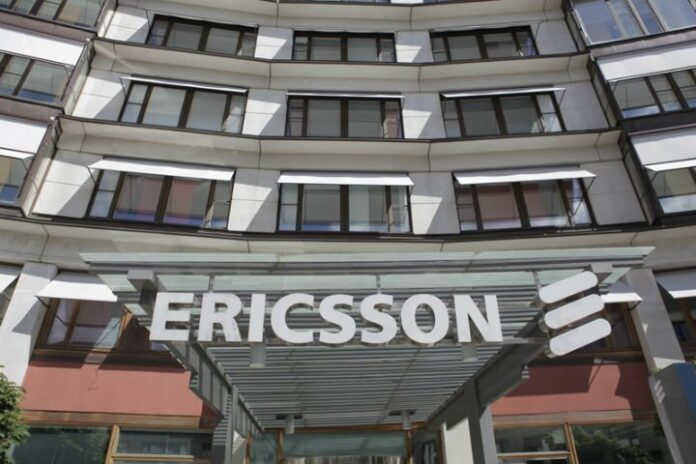Ericsson 5G plans now include “software-driven” Plug-ins designed to allow carriers to tap current LTE networks to support next-gen use cases
Ericsson continues to push both its software and “5G” technology agenda, with the latest move combining both passions in the form of what it terms 5G Plug-ins. The telecom vendor said the “software-driven innovations” are designed to allow mobile operators to take advantage of their current LTE networks to support their evolution to 5G.
The platform is said to include various “plug ins,” including Massive MIMO, which combines single-user multiple-input/multiple-output and beamforming antenna technology with steerable ports; Multi-User MIMO, which builds on the Massive MIMO stablemate to support the transmission of data to multiple user devices with the same time and frequency resources, and coordinates beamforming; RAN Virtualization, which is claimed to improve network efficiency by enabling virtual network functions to be centralized on a common platform supporting “4G” and 5G technologies; Intelligent Connectivity, which is designed to manage connectivity resources in areas of 4G and 5G coverage overlap; and Latency Reduction, which like it says is designed to support lower latency for applications like smart vehicles.

Ericsson said the products are set for operator trials stating this year, with availability for commercial networks beginning in 2017.
“Ericsson 5G Plug-Ins are software-driven innovations supported by the Ericsson Radio System, and are specifically focused on capabilities that operators can leverage within current networks to facilitate their evolution to 5G,” the company noted in a statement. “With 5G Plug-Ins, mobile operators can begin to trial and implement 5G technology as early as this year, and evolve to 5G at their own pace.”
Ericsson has been aggressive in moving towards 5G and software deployments, touting 5G network trials with more than 20 operators, and planned field trials starting this year. 5G standards are not expected to be finalized until at least 2019, with commercial deployments using that standard not expected to roll out until the 2020 time frame. However, some carriers are looking to begin those field trials this year, with pre-standards-based commercial deployments beginning as early as 2017.
Bored? Why not follow me on Twitter

